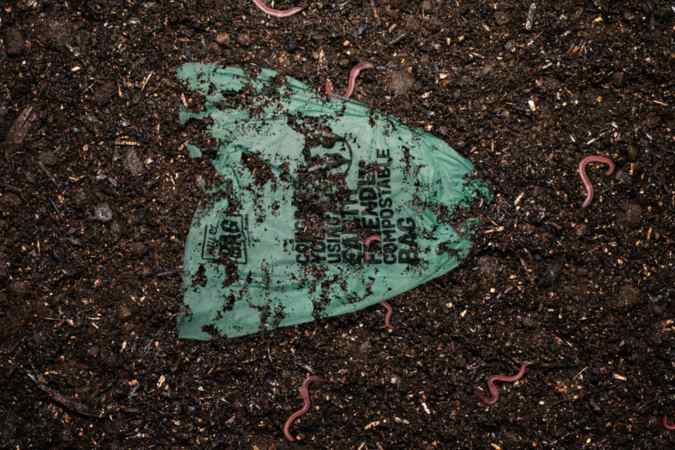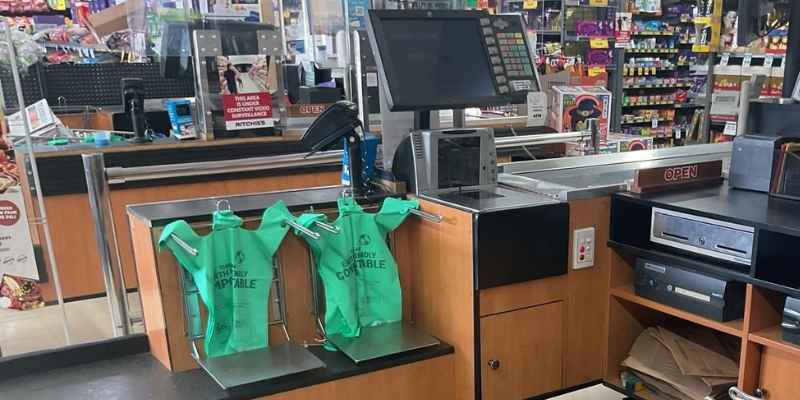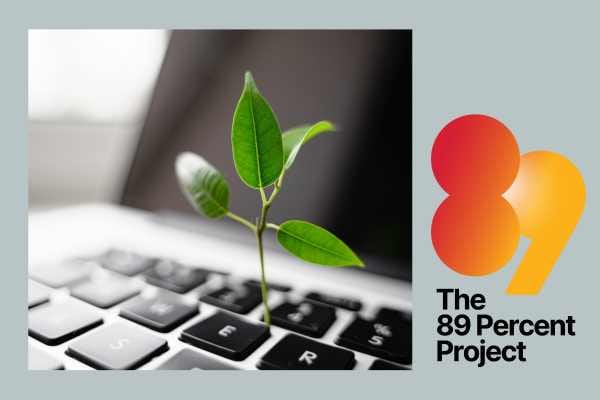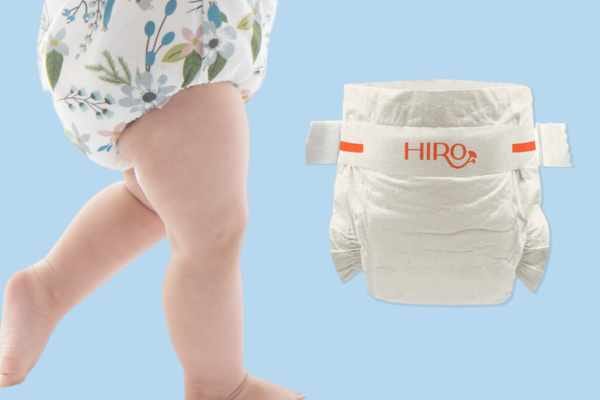Grocery bags get down to earth
Compostable shopping bags are hitting the spot for supermarket shoppers.

Old-style paper bags are making a comeback in many Australian supermarkets as the shift away from single-use plastic gathers pace.
But while paper bags may seem more eco-friendly in terms of disposal, making and shipping them can be far more resource-hungry, according to MyEcoBag.
The company has developed a lower-impact compostable alternative to both plastic and paper that was piloted by Australian-owned supermarket chain Ritchies IGA in select Victorian stores earlier this year.
During the eight-week trial, Ritchies found that shoppers overwhelmingly preferred the use of certified compostable reusable shopping bags over paper or plastic bags and it has now expanded the offering to 76 stores across Victoria, New South Wales, and Queensland.
“Customers are happy to think they finally have another choice,” Ritchies IGA national merchandise manager Jarrod Swaine said. “The bags have performed well against their paper counterparts, fitting more items within than paper bags, and holding the weight with ease.”
MyEcoBag's compostable shopping bags are designed not only for carrying groceries but also as liners for kitchen compost bins. MyEcoBag says the bags are made from GMO-free corn and certified compostable materials and can decompose in as little as 90 days, leaving behind no microplastics or harmful residue.
"The bags have performed well against their paper counterparts, fitting more items within than paper bags, and holding the weight with ease."
Plastics are the largest, most harmful and persistent form of ocean litter, accounting for at least 85 per cent of total marine waste, according to the United Nations Environment Programme.
Without urgent action, it says, the estimated 11 million metric tons of plastic currently entering the ocean annually will triple in the next twenty years.
MyEcoBag CEO Richard Tegoni said that Ritchies IGA’s efforts are part of a broader movement to rethink shopping bag options across Australia.
“The strong early feedback from shoppers purchasing compostable shopping bags over paper bags has enabled MyEcoBag to secure pivotal meetings with additional retailers,” he said.
“By demonstrating that shoppers are embracing the transition from paper to compostable options . . . we anticipate influencing a broader shift across various industries and types of retailers, beyond just supermarkets.”

MyEcoBag says its products compost in as little as 90 days, leaving no microplastics or toxic residue. The bags are made with GMO-free corn and other certified compostable materials and can hold about 10kgs worth of groceries and are puncture and tear resistant. This means they can be reused as shopping bags then used as a liner for kitchen compost caddies. MyEcoBag says that in contrast, paper bags are often lined with materials not independently certified or tested to the same standard as certified compostable bags which means they could be harmful to soil and compost quality. They also use roughly four times more water than the manufacture of plastic, and produce more greenhouse gases, MyEcoBag says.





